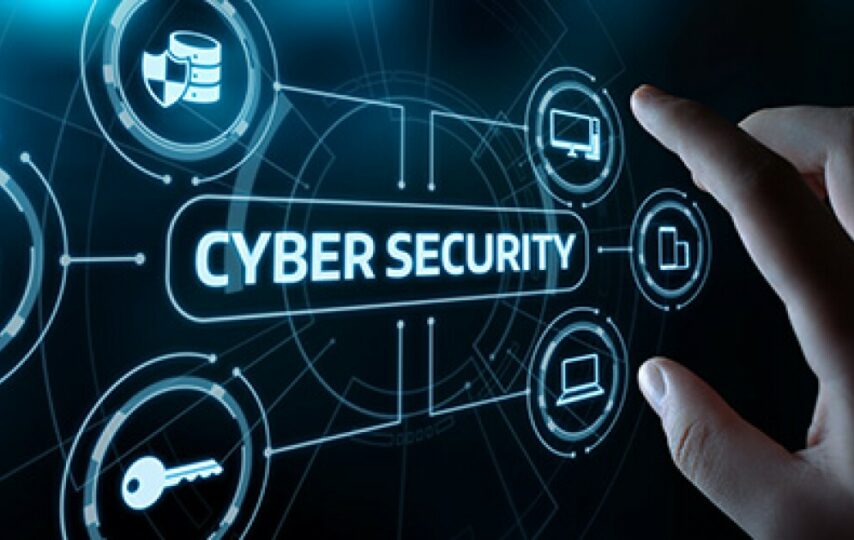So, you want to pursue a career as a cybersecurity auditor. It’s an amazing choice thanks to the expanding landscape of modern businesses with increasing IT budgets. Over time, the demand for expert auditors will only increase and this is the best time to get a career head start in this field.
The fact that you’re searching for how to become a cyber security auditor tells us you haven’t initiated the journey. But worry not because we’re going to cover the entire journey. But first, a little background is due.
Who is a Security Auditor and What Do They Do?
A cybersecurity auditor is equivalent to a detective but in the digital space. Companies hire them to ensure that their online presence is protected from potential threats. They meticulously examine an organization’s IT infrastructure and networks. They also suggest procedures to spot vulnerabilities and weaknesses that could be exploited by cybercriminals.
The typical job description of a cybersecurity auditor includes security assessments, compliance verification, awareness training for employees, risk analysis, documentation, and ensuring transparent communication.
Before hiring a security auditor from a cyber security provider, companies generally consider factors such as education, experience, technical skills, analytical skills, regulatory knowledge, and the ethical compass of the individual.
So, to become a cyber security auditor, you must excel in all of these areas to get an edge in the competitive landscape.
How to Become a Cyber Security Auditor?
Now that you have a general idea of what a security auditor does, let us deliver on the promise of the journey.
Step 1: Get a Degree in a Related Field
Very few educational institutions offer dedicated cybersecurity programs, it’s not strictly necessary. Any related field such as computer science, hardware engineering, programming, cloud computing, or network administration will do it.
You need to decide whether you want to pursue a bachelor’s, master’s, or associate degree in cybersecurity or related fields. Ensure the program aligns with your career goals. In this case, it’s becoming a cybersecurity auditor.
Look for accredited universities or colleges in your area that offer cybersecurity programs. Consider factors like location, reputation, and program offerings. Thankfully, you no longer have to restrain yourself in your local area. There are plenty of credible online courses that can accelerate your career.
Finally, check the admission requirements and complete the application process. It usually involves submitting an application form, transcripts, test scores, and any required documents that prove your previous education history.
Step 2: Gaining Relevant Work Experience
This phase can be tricky, especially if you’re a fresh graduate out of college. Your goal should be to seek opportunities for hands-on experience through internships, co-op programs, or lab exercises to gain practical skills.
One of the best ways to get real-world work experience is by becoming a junior security consultant. They work under the guidance of more experienced consultants and auditors to assess an organization’s security posture and provide recommendations for improvement. As a future auditor, these experiences are going to help you big time.
Then there are other job opportunities such as network administration, system administration, incident response, compliance analysis, technician, and so on. Take your time to sort through the options and go with one that you best identify with.
Step 3: Get Necessary Certifications
We could’ve recommended this step right after you graduated. However, we believe gaining some real-world experience under your belt will better prepare you for the certifications.
Some of the most popular certifications nowadays include Certified Ethical Hacker (CEH), Certified in Risk and Information System Control (CRISC), Certified Information Systems Auditor (CISA), and Certified Information Security Manager (CISM).
Read the details of all of these and even more if you can find them. Try to objectively evaluate which one will work best for you before applying.
Step 4: Exploring the Advanced Career Path
If you only have a bachelor’s and have limited work experience, you’ll do good in the beginner’s career path. To truly excel, you must take additional steps. The first one would be gaining a Master’s degree in a related field. It’s not necessary that you do the Master’s in the same discipline as your bachelor’s. Some potential options include network security, risk management, cryptography, security architecture, and critical infrastructures.
At the same time, you must adopt the mindset to continuously develop your skills and knowledge. Cybersecurity is a dynamic area and attackers are always looking to one-up the auditors. You need just as much knowledge as the bad actors to prevent them from disrupting your industry.
You should also master the best SIEM tools to showcase your experience practically to potential employers.
Step 5: Start Applying for Dedicated Auditor Roles
Once you gain relevant experience in the industry as an intern and in other roles such as network administrator or IT supervisor, it’s time to take things to the next level. Look for job openings for cybersecurity auditors, compliance analysts, or similar positions in various industries, including finance, healthcare, and government.
If you’ve played the cards right, it shouldn’t be hard to get hired for one of these roles. In your role as a cybersecurity auditor, you will conduct security assessments, evaluate compliance with standards and regulations, and provide recommendations for improvement to your employer.
You can also explore freelance opportunities as you make a name for yourself as you no longer need to prove yourself. Don’t shy away from asking for recommendations and testimonials from your previous employers.
You can create a website and market it uniquely according to your skill set. An important tip is not to spread your skills too thin. Focus on one area and specialize. You’ll be landing gigs left and right.
Last but not least, connect with professionals in the cybersecurity field through industry associations, conferences, and online communities to expand your network and learn from others. As long as you have the forever learner’s mindset, nothing can stop you.
Wrapping Up
Becoming a cybersecurity auditor is a rewarding career path that involves continuous learning and adaptation to evolving threats. By following the steps we shared in this post and staying committed to your professional development, you can build a successful career as a security auditor no matter where in the world you live.








